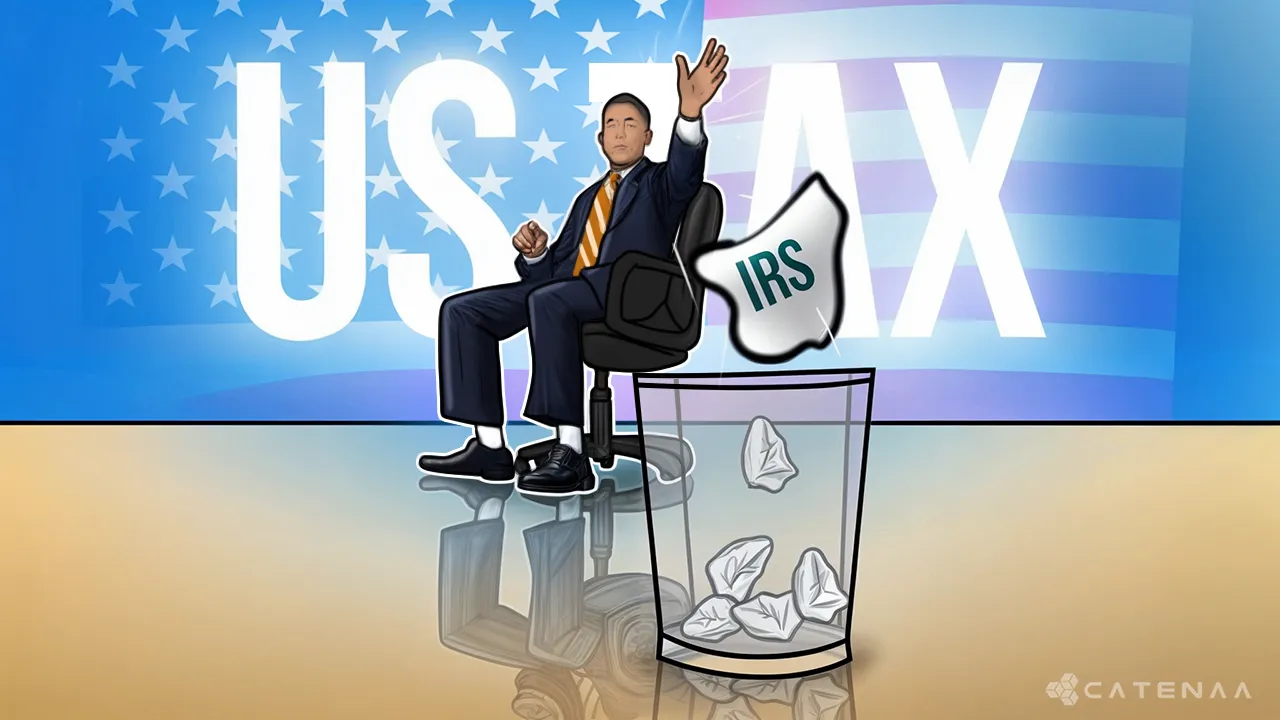Catenaa, Wednesday, January 15, 2025 – Rep. Earl “Buddy” Carter (R-GA) introduced the Fair Tax Act of 2025 on Jan. 9, proposing a sweeping overhaul of the US tax system, including the abolition of the Internal Revenue Service (IRS). The bill seeks to replace federal income, payroll, estate, and gift taxes with a national consumption tax.
The proposed legislation advocates for a single, broad-based sales tax on goods and services for final consumption, aiming to eliminate what it calls the economic and administrative burdens of the current tax code. Proponents argue the bill will foster savings, investment, and economic growth while reducing bureaucratic overhead.
Rep. Carter claims the proposed system will simplify taxes, remove the need for IRS intervention, and promote transparency. He is joined by Republican co-sponsors, including Reps. Barry Loudermilk, Scott Perry, and Warren Davidson, who have described the measure as a “commonsense solution” to improve economic prosperity.
The legislation also seeks to address tax compliance issues, including concerns about illegal immigrants and underreported earnings. Rep. Dale Strong stated the system would ensure fair tax contributions across the board.
The bill’s introduction coincides with mounting tension between the crypto industry and the IRS. Blockchain groups filed a lawsuit in late December challenging new IRS reporting rules that require DeFi platforms to report transactions and revenues. Critics argue the rules threaten US innovation and competitiveness in the global crypto market.
While the Fair Tax Act of 2025 revives an idea first proposed in 1999, its potential to gain legislative traction remains uncertain. Advocates, however, see 2025 as a pivotal moment for change.


